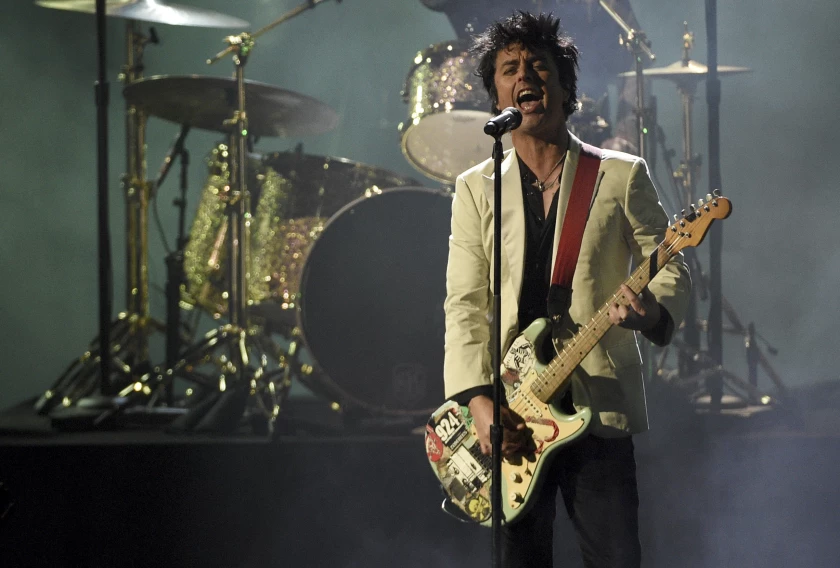As a lover of both fashion and music, I have always been fascinated by the intricate relationship between these two powerful art forms. From the iconic stage outfits of rock stars to the street style of hip-hop artists, musicians have continuously influenced the world of fashion. It may seem like a one-sided affair, with fashion designers providing the musicians with their image. However, if we delve deeper, we can see that musicians have just as much, if not more, influence on the fashion industry.
One striking example of this influence is the legendary rock band, The Rolling Stones. Led by the charismatic Mick Jagger, the band not only captured the hearts of millions with their music, but also with their rebellious and glamorous fashion choices. Jagger’s flamboyant stage presence and daring fashion sense were instrumental in setting new trends during the 1960s and 1970s.
During this era, the concept of gender norms in fashion was challenged, and the rock ‘n’ roll scene played a significant role in this transformation. Jagger was known for embracing flamboyant clothing, including silk shirts, tight-fitting pants, and flamboyant blazers, which blurred the lines between masculinity and femininity. His influential style empowered people to express themselves without conforming to society’s expectations, and this freedom of self-expression continues to be celebrated today.
Moving forward to the 1980s and 1990s, we witnessed the rise of hip-hop and its profound impact on both music and fashion. Hip-hop artists like Run-DMC, Public Enemy, and N.W.A. not only revolutionized music but also brought their unique style to the forefront. The baggy clothing, chunky gold chains, and Adidas tracksuits became synonymous with the hip-hop culture, giving rise to streetwear as a major fashion trend.
Through their sartorial choices, these artists were able to create a visual representation of their music and message. Their fashion became a part of their branding, reflecting the raw and authentic nature of their music. In doing so, they not only broke fashion barriers but also challenged the mainstream perception of what it means to be stylish.
Fast forward to contemporary times, and we find musicians still making waves in the fashion world. Artists like Kanye West and Rihanna have successfully launched their own fashion lines, cementing their status as serious players in the industry. Their influence extends far beyond the stage, as they have become trendsetters in their own right.
For instance, Kanye West’s Yeezy brand has become one of the most sought-after fashion labels today. His minimalist approach to design, coupled with his celebrity status, has propelled his clothing line to international success. Likewise, Rihanna’s Fenty brand has received critical acclaim and commercial success, with her inclusive and diverse collections challenging traditional beauty standards.
What makes the influence of musicians on fashion so powerful is the emotional connection they have with their audience. Music has a way of touching our souls and evoking strong emotions. Through their music and performances, musicians become role models, and their style becomes intrinsically linked with their art.
In an age where social media and instant access to information are the norm, musicians can utilize their platforms to amplify their fashion choices instantly. Just one Instagram post or a music video can spark a trend, setting off a ripple effect throughout the fashion industry.
From the stage to the red carpet, musicians are often seen as trendsetters, pushing the boundaries of fashion and inspiring others to do the same. Whether they are embracing avant-garde designs or reimagining classic styles, musicians bring a sense of creativity and individuality that resonates with their fans.
The influence of musicians on fashion is an ever-evolving conversation, with new artists emerging and redefining the relationship between the two art forms. It is an exciting journey to witness, as artists continue to challenge norms, disrupt trends, and inspire us with their innovative fashion choices.
So next time you find yourself captivated by the style of your favorite musician, remember that they are not just making music – they are shaping the very fabric of fashion, inspiring us to embrace our own unique style and rewrite the rules of what is considered fashionable. After all, fashion and music are powerful tools that allow us to express ourselves and redefine the boundaries of art and culture.
